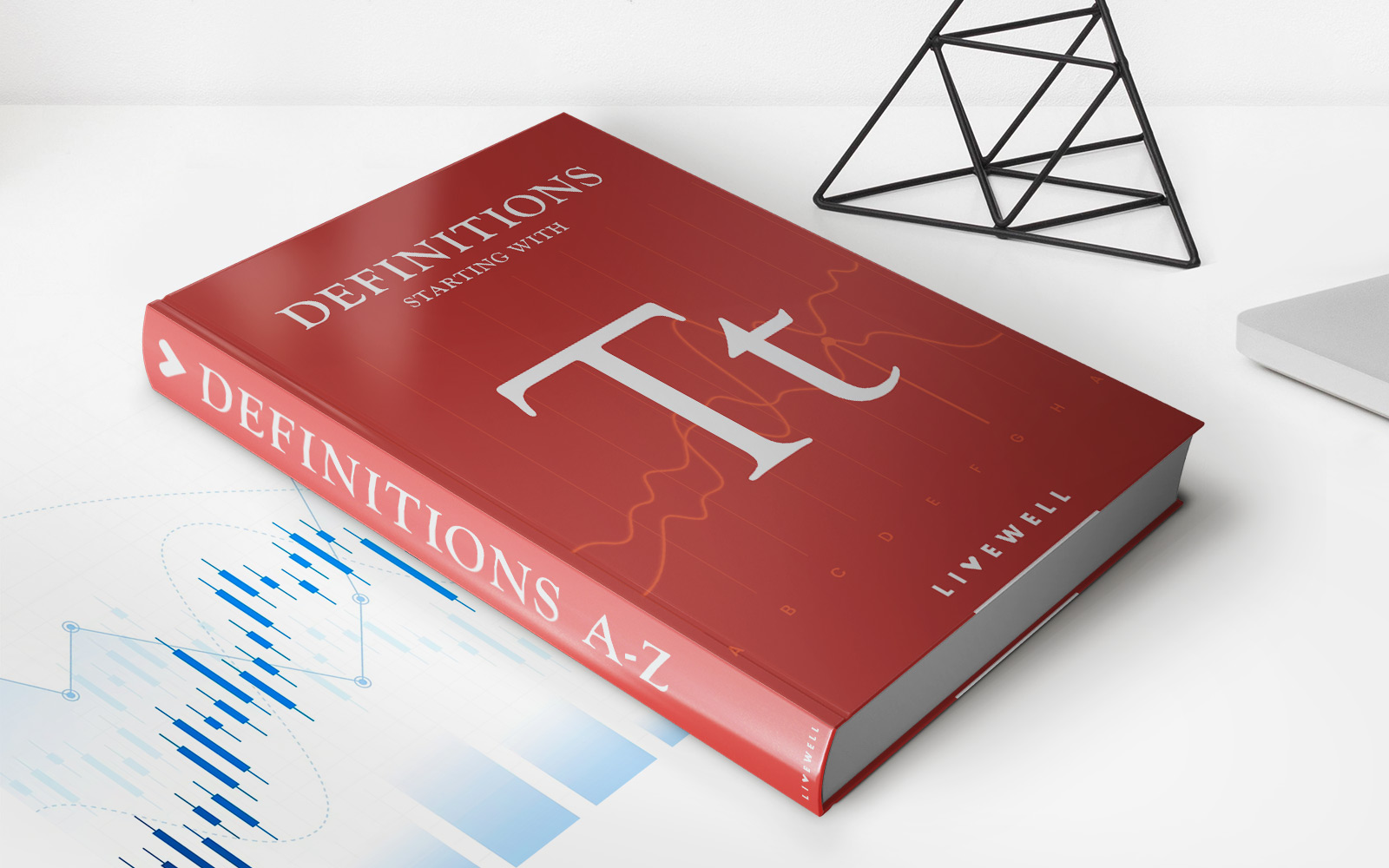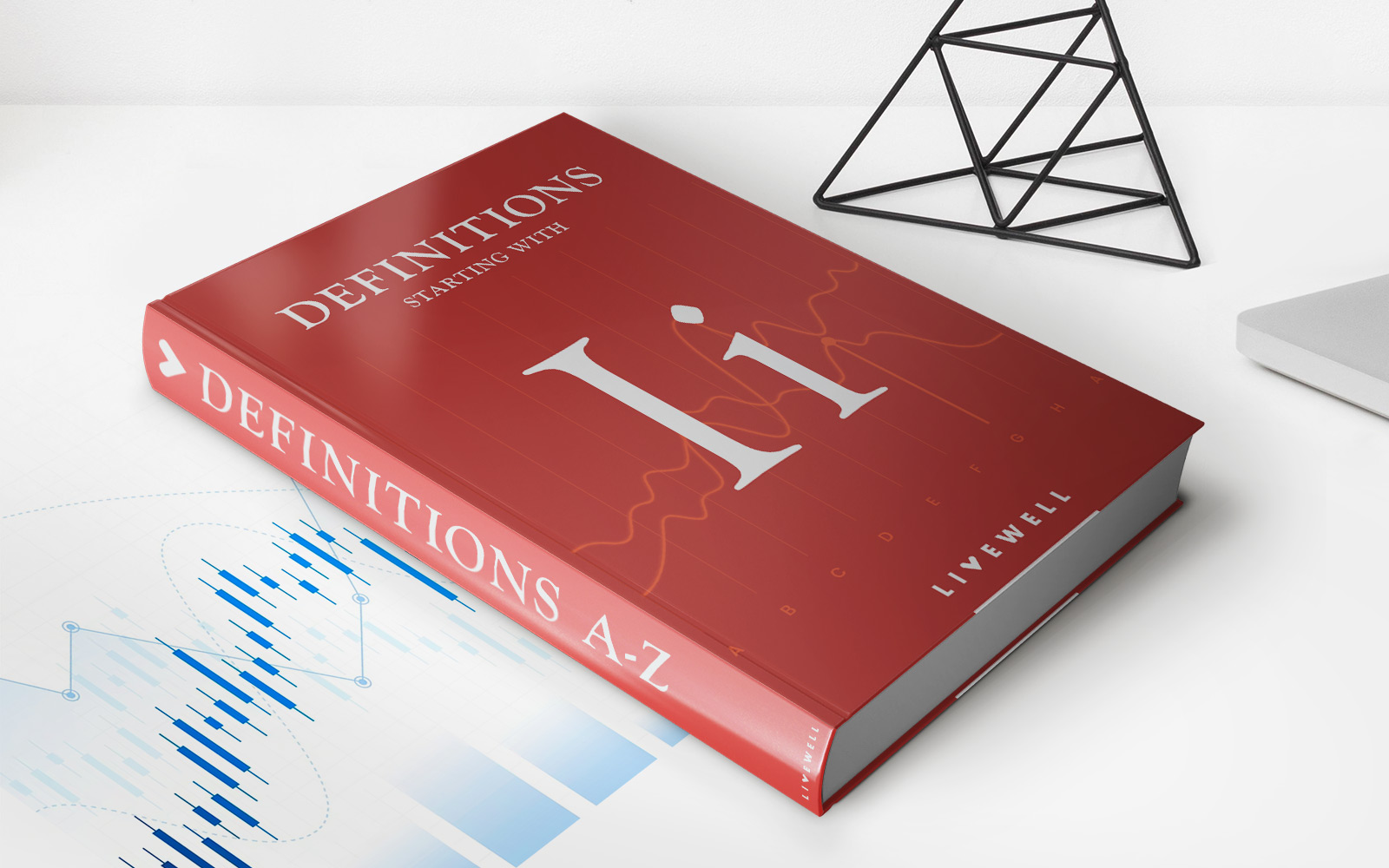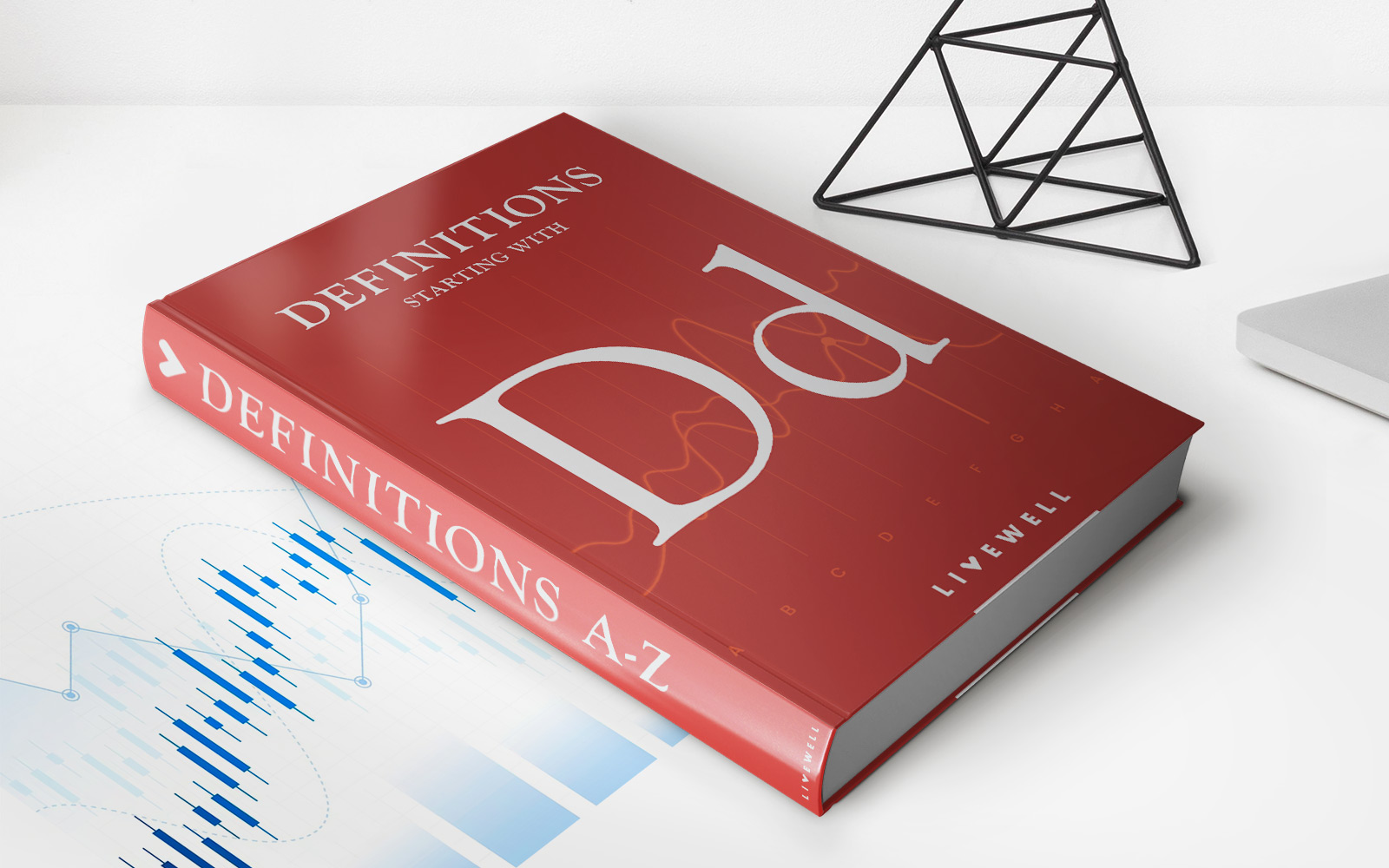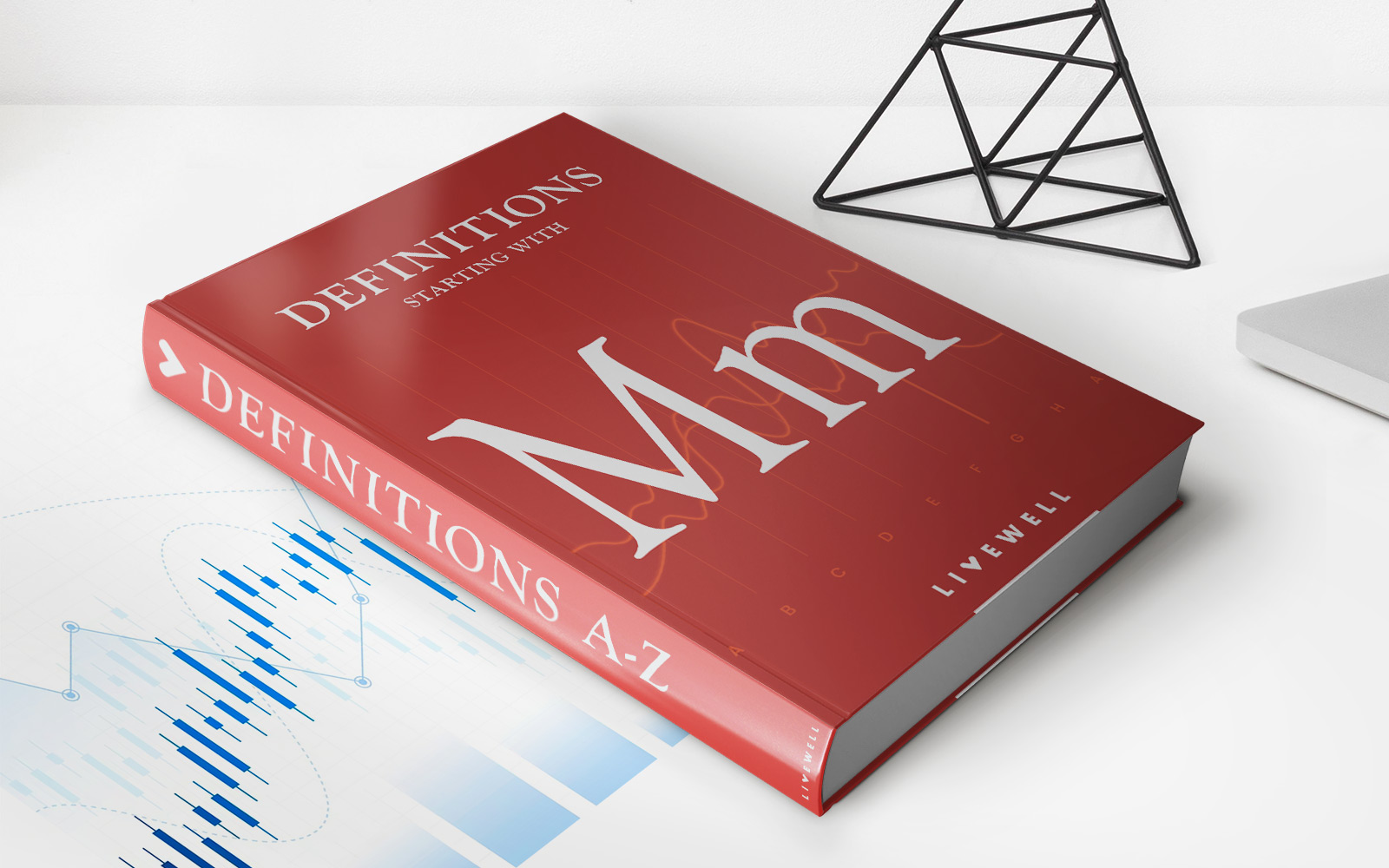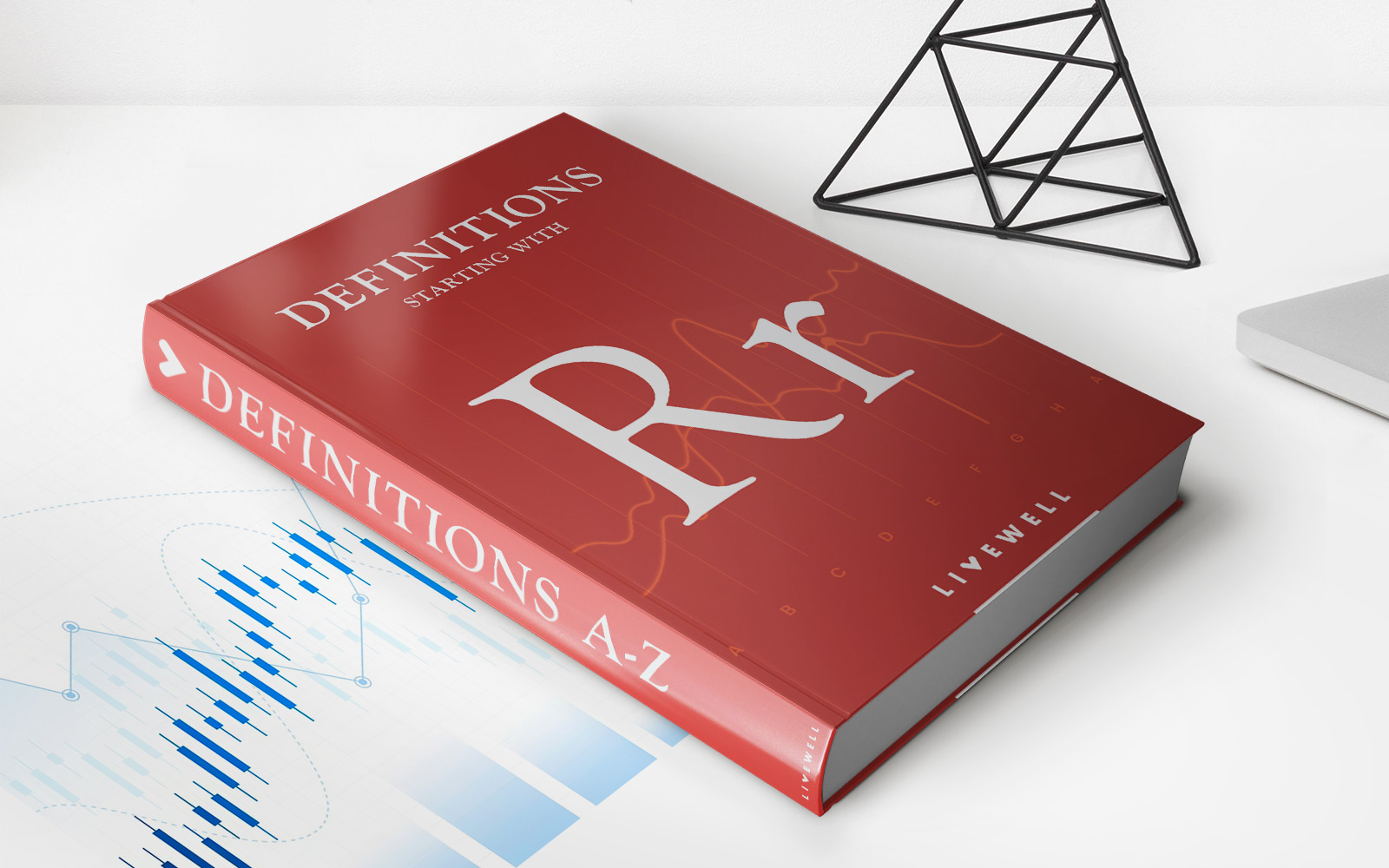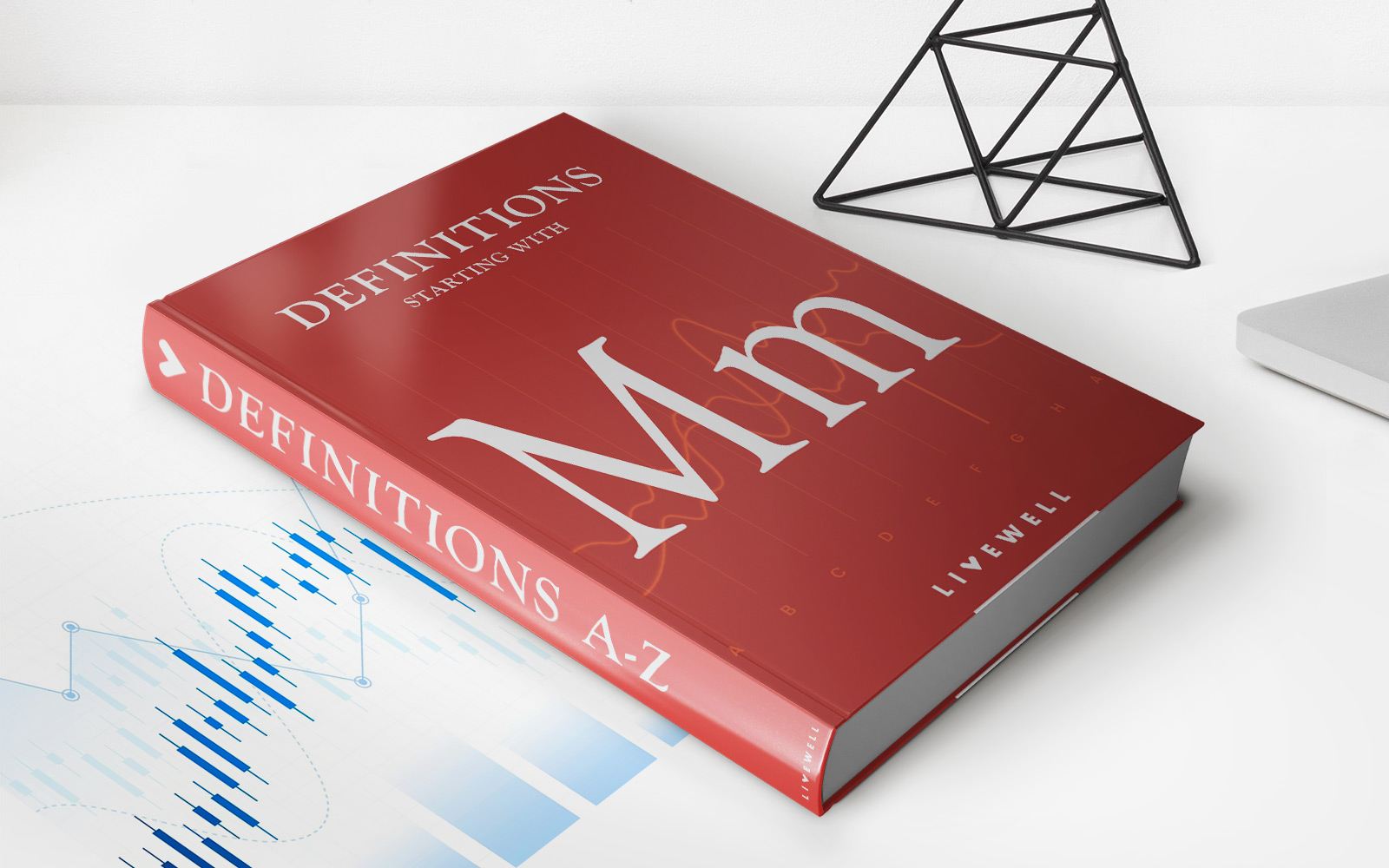Home>Finance>Dividend Aristocrat: Definition, Criteria, Example, Pros And Cons
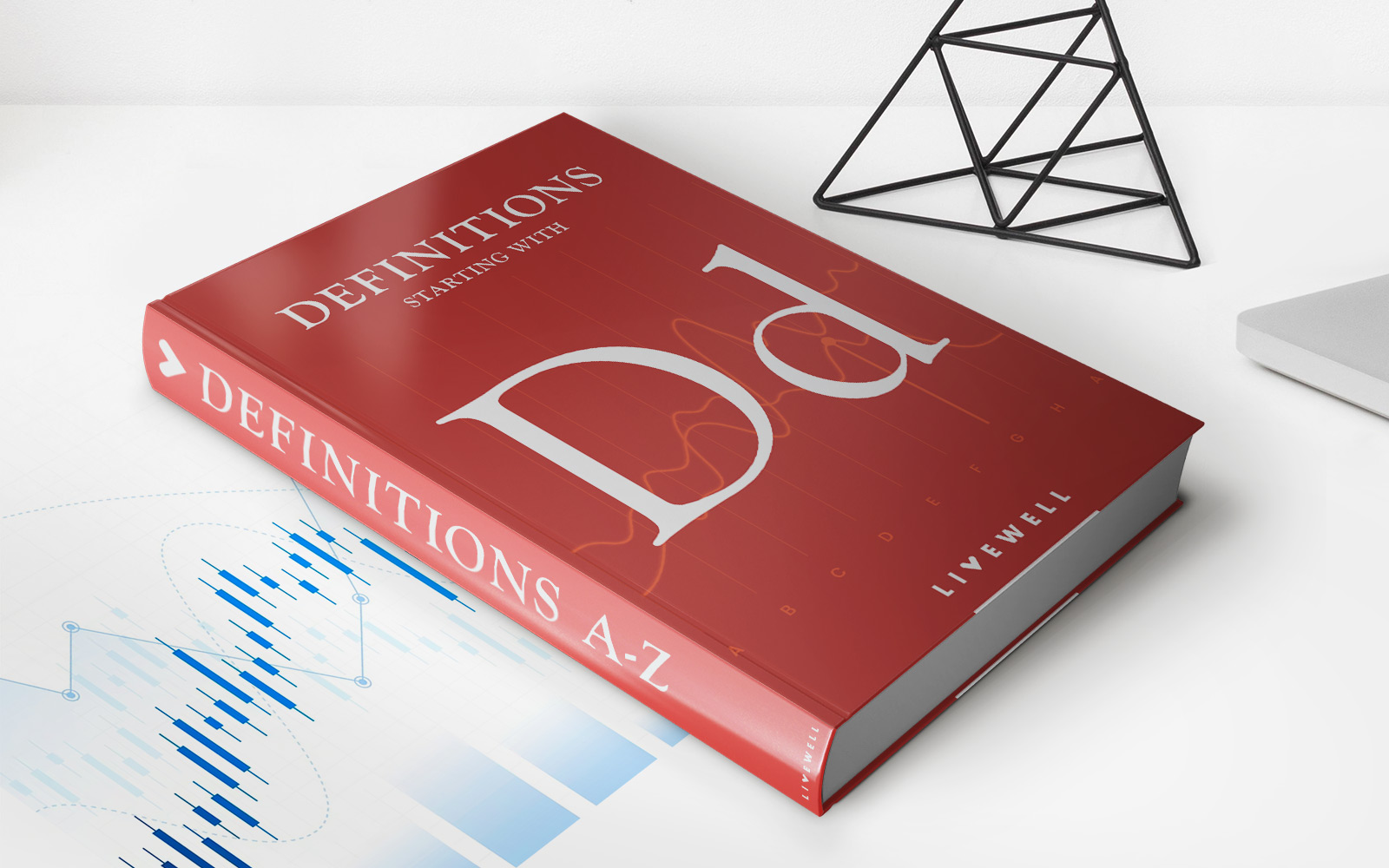

Finance
Dividend Aristocrat: Definition, Criteria, Example, Pros And Cons
Published: November 13, 2023
Discover the definition, criteria, and example of a Dividend Aristocrat in finance. Learn the pros and cons of this esteemed investment strategy.
(Many of the links in this article redirect to a specific reviewed product. Your purchase of these products through affiliate links helps to generate commission for LiveWell, at no extra cost. Learn more)
Dividend Aristocrat: Definition, Criteria, Example, Pros, and Cons
Are you interested in building a strong and reliable investment portfolio in the finance sector? If so, you may have come across the term “Dividend Aristocrat.” In this blog post, we will explore the definition of Dividend Aristocrats, their criteria, provide an example, and discuss their pros and cons. So, let’s dive in and uncover everything you need to know about this investment strategy.
Key Takeaways:
- Dividend Aristocrats are companies that have consistently increased their dividends for at least 25 consecutive years.
- Investing in Dividend Aristocrats can provide a steady stream of income and long-term growth potential.
What are Dividend Aristocrats?
Dividend Aristocrats refer to a select group of companies that have a distinguished track record of increasing their dividend payouts for at least 25 consecutive years. These companies are regarded as reliable and consistent income-generating investments. The status of being a Dividend Aristocrat is not a title that can be claimed; it is earned through consistent performance and commitment to rewarding shareholders through regular dividend increases.
Criteria for Dividend Aristocrats
To be classified as a Dividend Aristocrat, a company needs to fulfill certain criteria:
- Long Dividend History: The company must have a history of consistently paying dividends without any cuts or suspensions.
- 25+ Years of Dividend Increases: The company must have increased its dividend payout for a minimum of 25 consecutive years.
- Market Capitalization: Typically, Dividend Aristocrats have a significant market capitalization, indicating their stability and financial strength.
- Liquidity: The stock of a Dividend Aristocrat should have sufficient trading volume to ensure liquidity and easy buying or selling of shares.
- Index Membership: Some Dividend Aristocrats are also included in popular stock market indices, such as the S&P 500 Dividend Aristocrats index.
An Example of a Dividend Aristocrat
One example of a Dividend Aristocrat is **The Coca-Cola Company**. Coca-Cola is a renowned beverage company that has a rich history of rewarding its shareholders with consistent dividend increases for over 50 years. Its brand strength, global presence, and commitment to long-term growth have contributed to its Dividend Aristocrat status.
Pros of Investing in Dividend Aristocrats
- Steady Income: Dividend Aristocrats provide a reliable source of income through their regular dividend payments, making them an attractive option for income-focused investors.
- Long-Term Growth Potential: Many Dividend Aristocrats are established companies with proven track records of stability and growth, offering potential for capital appreciation.
- Historical Resilience: Dividend Aristocrats have weathered various market fluctuations and economic downturns, highlighting their resilience and ability to generate consistent returns.
- Dividend Reinvestment: Dividend payments can be reinvested to purchase more shares, compounding the potential returns over time.
Cons of Investing in Dividend Aristocrats
- Market Risks: Like any investment, Dividend Aristocrats are not immune to market risks, including economic downturns or industry-specific challenges that may impact their ability to sustain dividend growth.
- Lower Dividend Yields: Dividend Aristocrats, being relatively stable companies, may have lower dividend yields compared to riskier investments. This may be a drawback for investors seeking higher immediate income.
- Potential Dividend Cuts: While highly unlikely, a Dividend Aristocrat may face circumstances that force them to reduce or suspend their dividend payments.
Investing in Dividend Aristocrats can be a valuable addition to a diversified investment portfolio. Their consistent dividend growth history and potential for long-term growth make them appealing to income-focused and growth investors alike. However, it is always recommended to conduct thorough research and seek professional advice before making any investment decisions.
Remember, consistency and long-term performance are key traits to look for in Dividend Aristocrats. By investing wisely and staying committed to your investment strategy, you can potentially benefit from their reliable income streams and potential capital appreciation.
Disclaimer: This blog post is not financial advice. Always consult with a financial professional before making any investment decisions.
